AeroGenie — Ihr intelligenter Copilot.
Trends
Categories
Taiwan Uses AI and Big Data to Enhance Aviation Safety
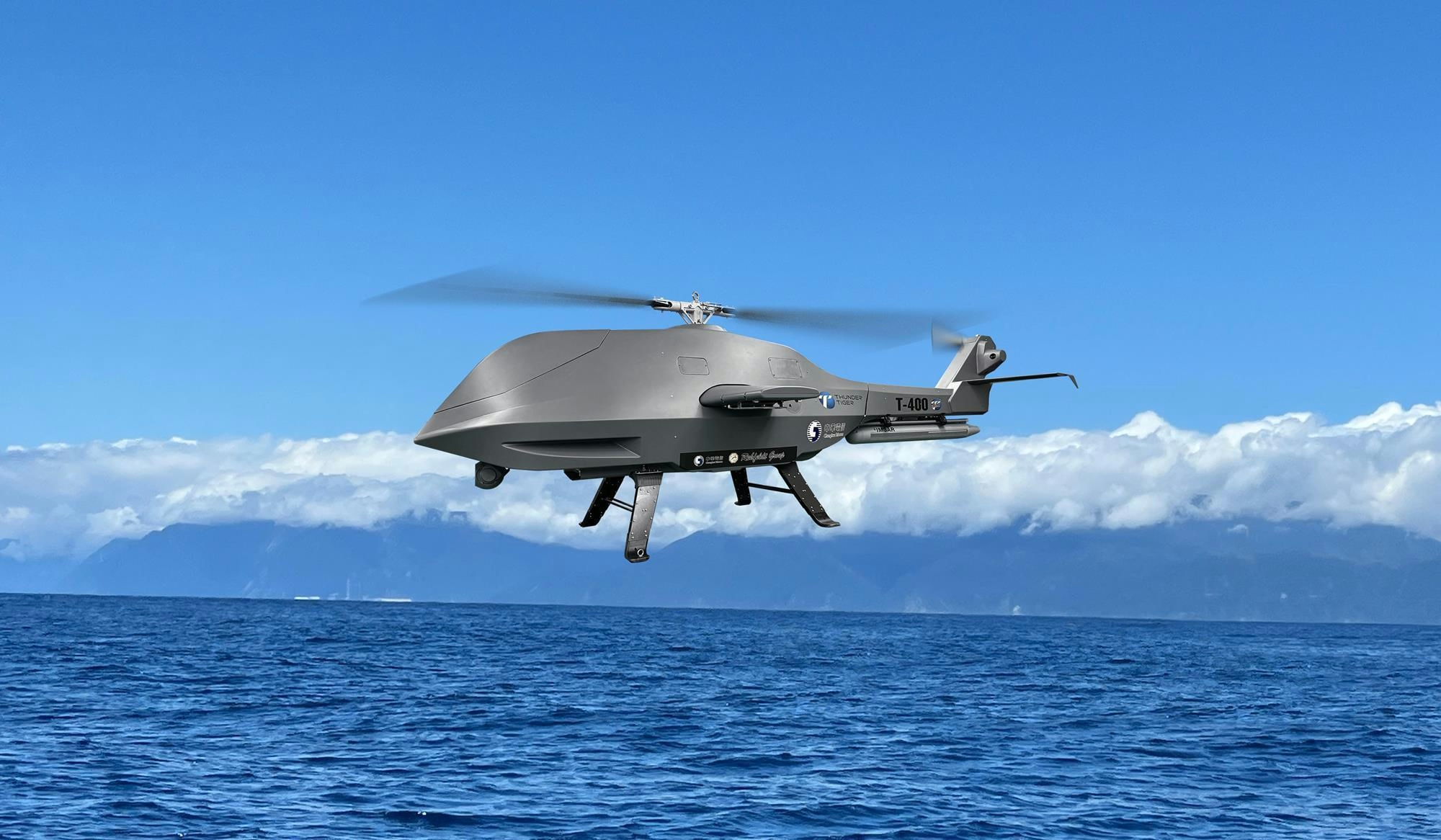
Taiwan Advances Aviation Safety Through AI and Big Data Integration
As Taiwan’s air travel sector approaches pre-pandemic activity levels, the Ministry of Transportation and Communications is intensifying efforts to enhance aviation safety by harnessing artificial intelligence (AI) and big data technologies. Between January and September, passenger traffic reached 42.86 million, representing approximately 96% of 2019 figures, with weekly flights nearing 2,863. Industry analysts, including Cathay Securities, project that the sector will exceed 2019 volumes by the end of the year, underscoring a robust recovery.
Strategic Measures to Address Growing Air Traffic
Transportation Minister Chen Shih-kai outlined a comprehensive three-pronged strategy to manage the surge in air travel. This approach focuses on strengthening regulatory frameworks, closely monitoring airline operational performance, and improving early warning systems. Chen emphasized that aviation safety remains a paramount concern, both as an industry imperative and a national priority, given Taiwan’s strategic role as a vital hub connecting Northeast and Southeast Asia.
In alignment with International Civil Aviation Organization (ICAO) standards, Taiwan is committed to intensifying oversight by systematically tracking airline safety records and deploying AI and big data analytics to enhance risk prediction and incident prevention. The integration of these advanced technologies into existing safety systems, however, presents challenges. These include the need for substantial investment, specialized expertise, and robust data management capabilities. Additionally, ensuring regulatory compliance and maintaining alignment with global safety standards will require continuous attention.
Industry Collaboration and Technological Implementation
An air safety summit held in Taipei convened experts from the International Air Transport Association, Flight Safety Foundation, Airbus, Boeing, Beams, and former Eva Air pilots to discuss critical safety concerns. Key topics included runway excursion prevention, turbulence management, runway conflict mitigation, and the application of AI-driven safety management tools.
AI technologies are already being deployed across airport and in-flight operations. At airports, AI expedites passenger clearance processes and helps prevent carry-on baggage overload. Facial and iris recognition systems are employed to streamline queue management, while AI-enabled boarding gate cameras monitor baggage volume to assist staff in managing storage capacity. In-flight, AI supports route optimization and enhances taxiing and landing procedures, contributing to improved safety outcomes.
Market responses to Taiwan’s advancements in aviation safety have been favorable, with increased investor interest reflecting confidence in the sector’s modernization efforts. Competitors within the industry are anticipated to adopt similar initiatives to maintain competitiveness. The ultimate effectiveness of these measures will depend on the quality of AI models and the seamless integration of data systems.
As Taiwan’s aviation sector continues its rapid recovery, the successful incorporation of AI and big data will be essential to uphold stringent safety standards and satisfy both regulatory and operational requirements. The government’s proactive stance signals a commitment not only to restoring but also to elevating the safety and efficiency of air travel throughout the region.
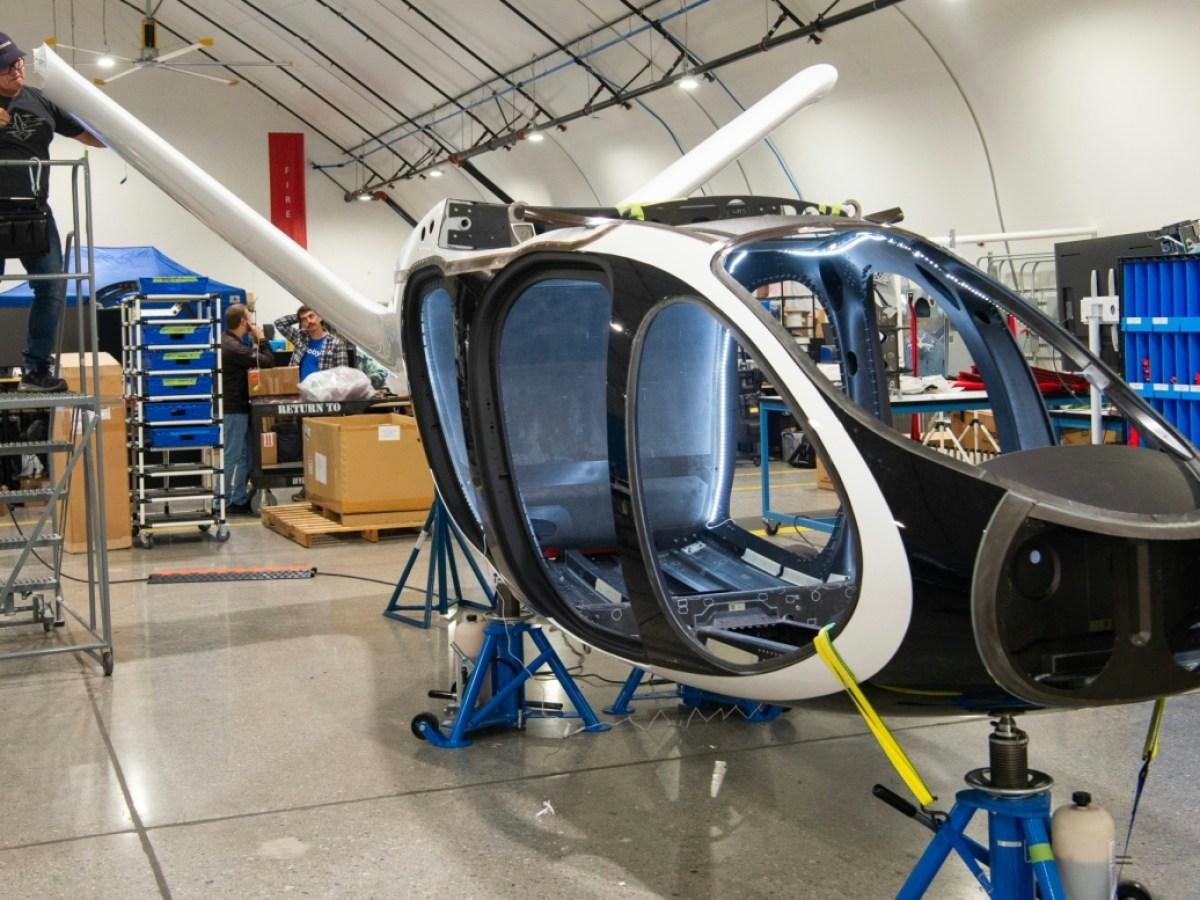
Joby Aviation's Commitment to Safety in Electric Air Taxis
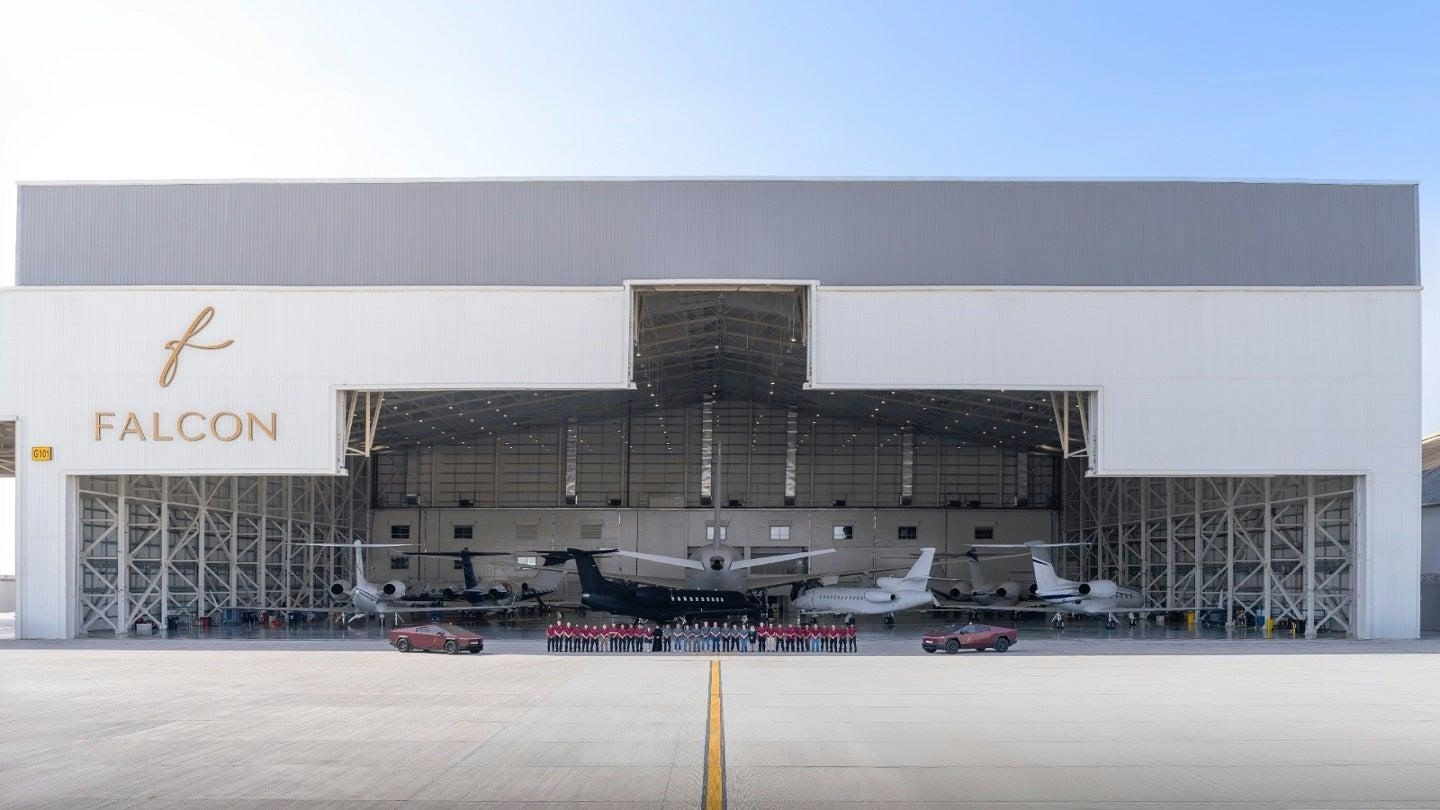
Morocco Advances Aviation Sector with Euroairlines Investment in Infrastructure and AI
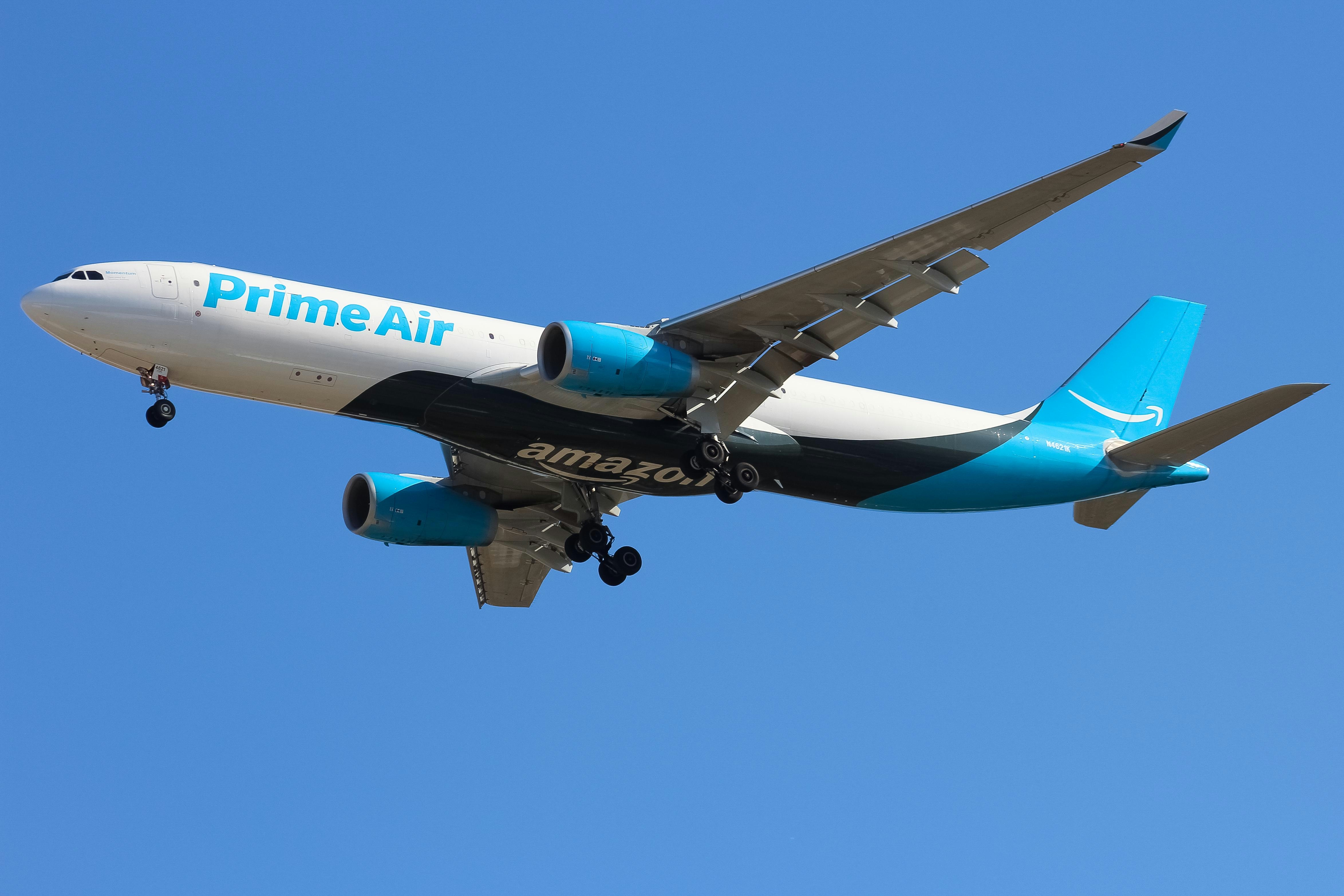
Amazon Prime Air Airbus A330 Makes Emergency Landing in Cincinnati After Bird Strike Causes Engine Fire
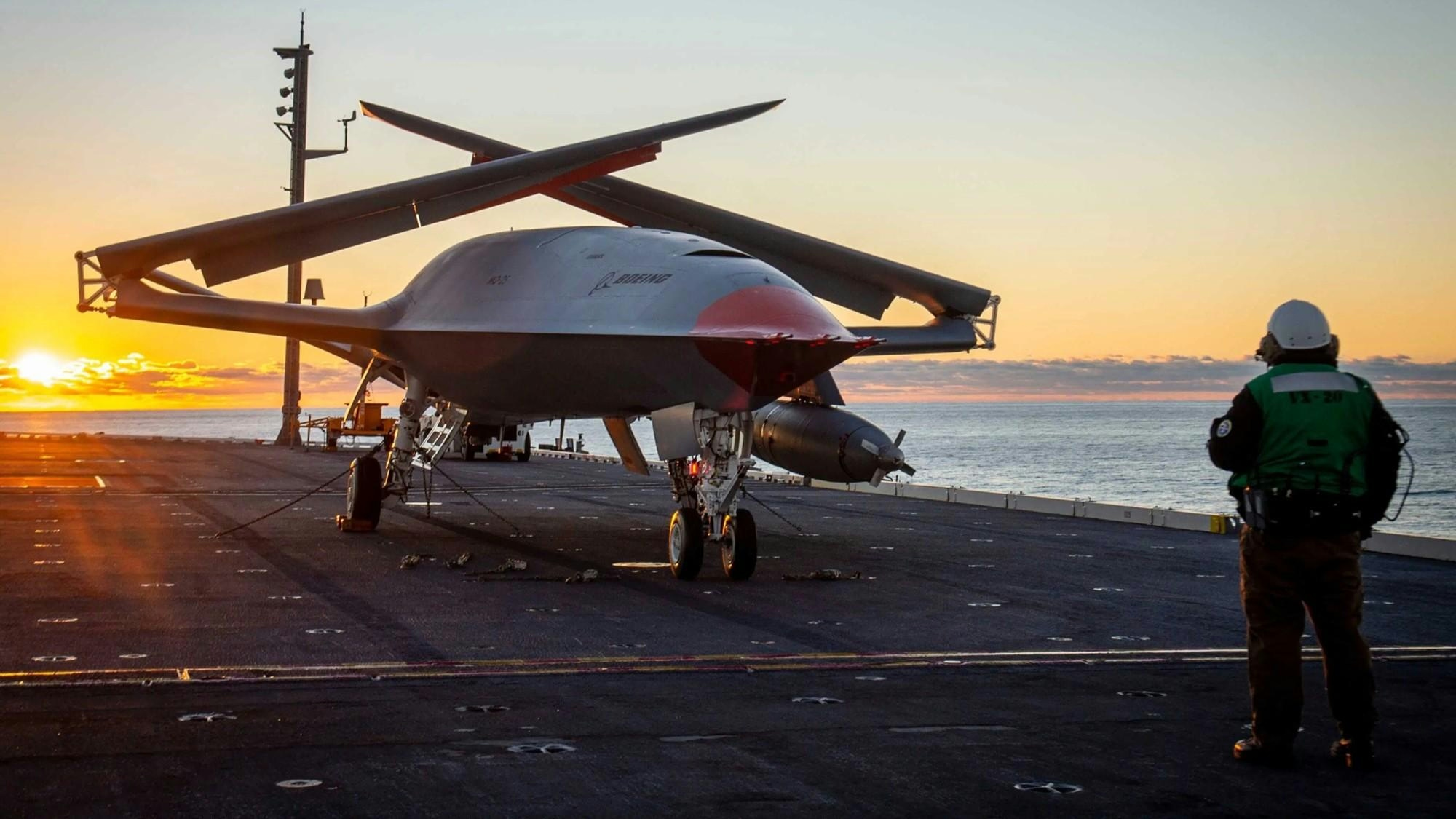
MQ-25 Stingray Begins Taxi Tests

Archer Aviation vs. EHang: Who Has the Edge in Future Air Mobility?
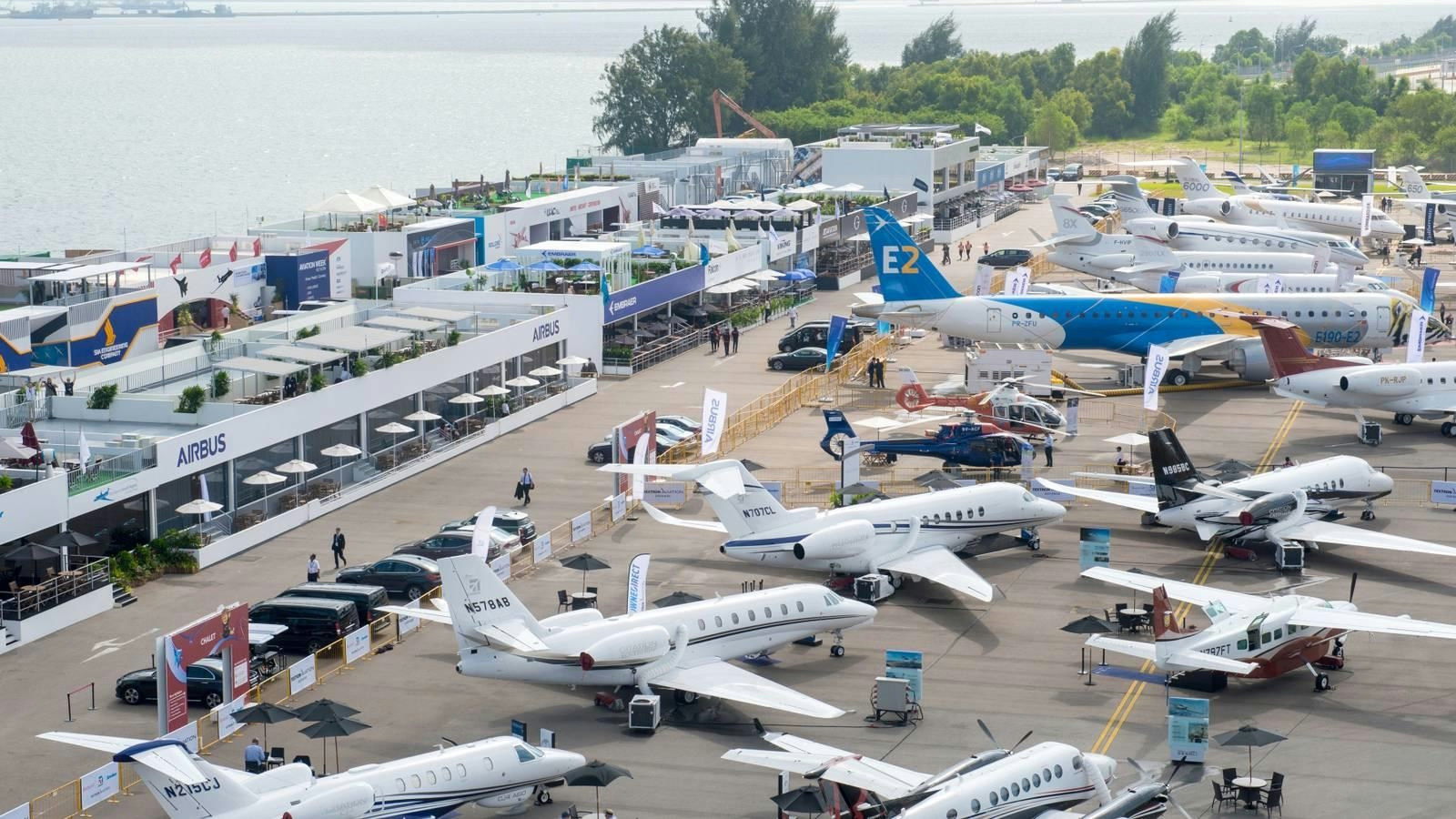
Aircraft on Static Display at Singapore Airshow 2026
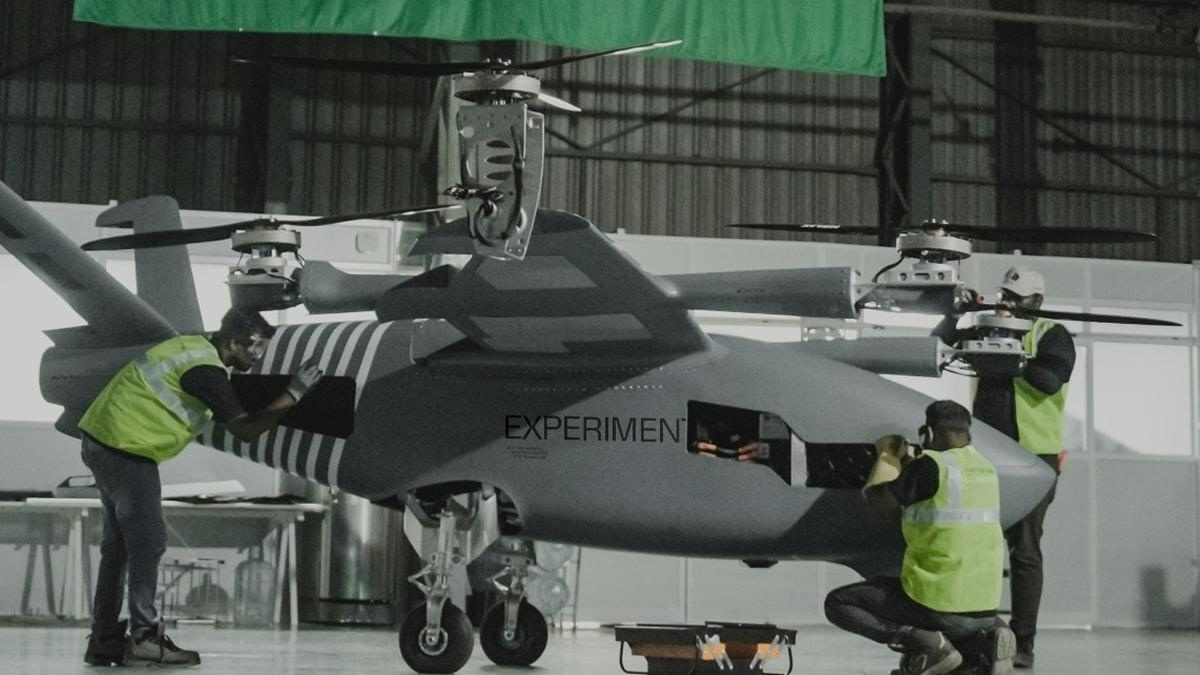
Air Taxi Built in Guntur Passes Key Structural Tests
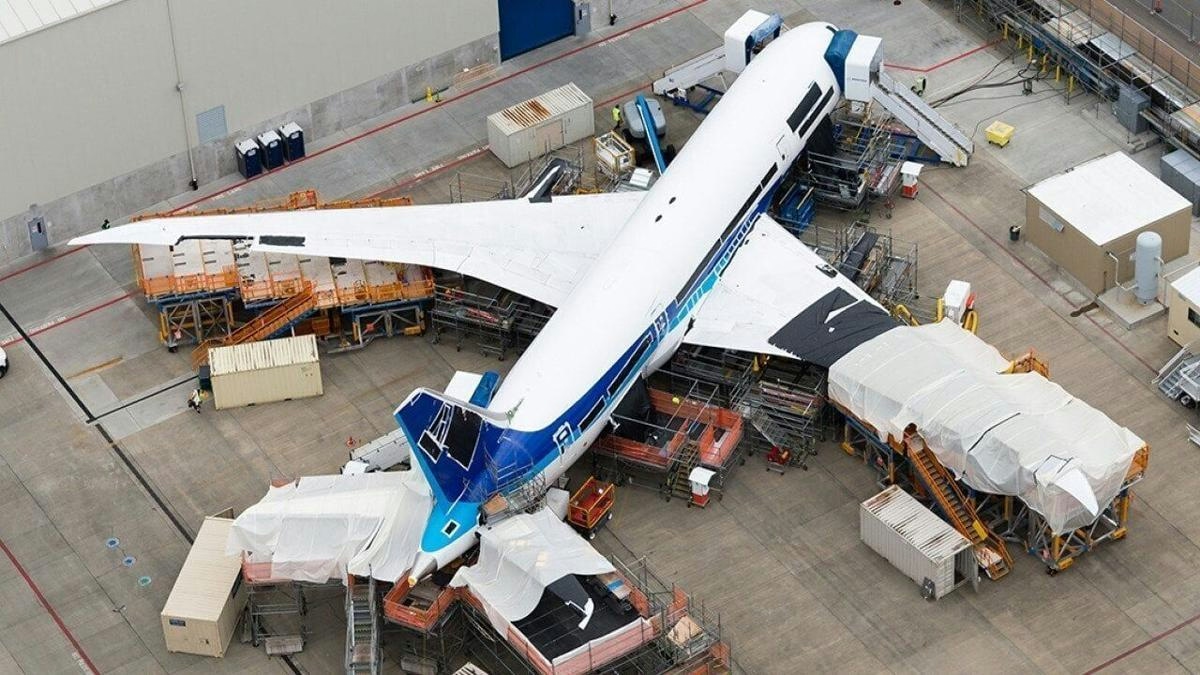
Aircraft Leasing Industry Navigates Uncertain Environment

Aer Lingus Flight EI605 Declares Mayday After Engine Failure Near Dublin
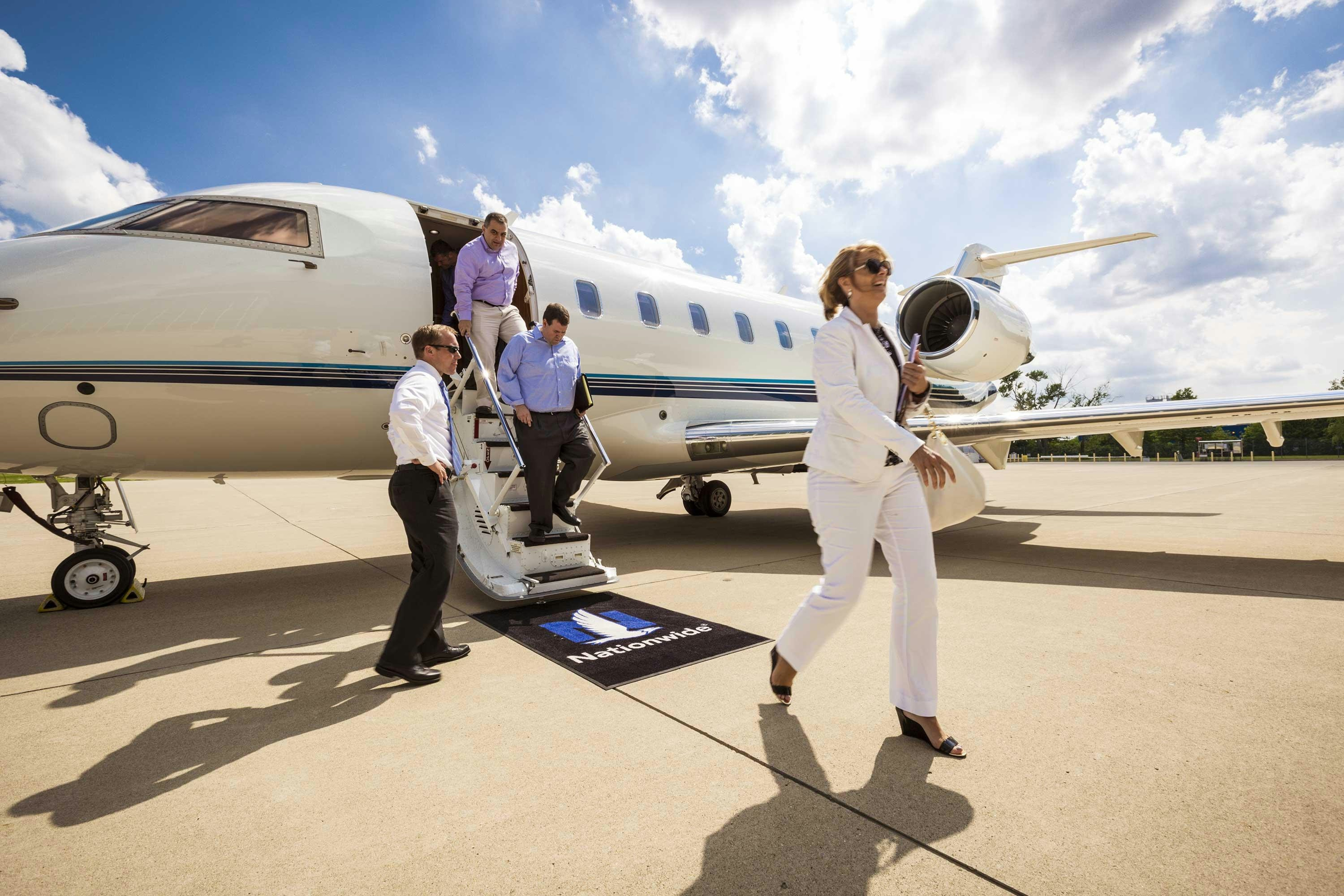
Bird Group Marks 50 Years of Innovation in Aviation, Technology, and Hospitality
